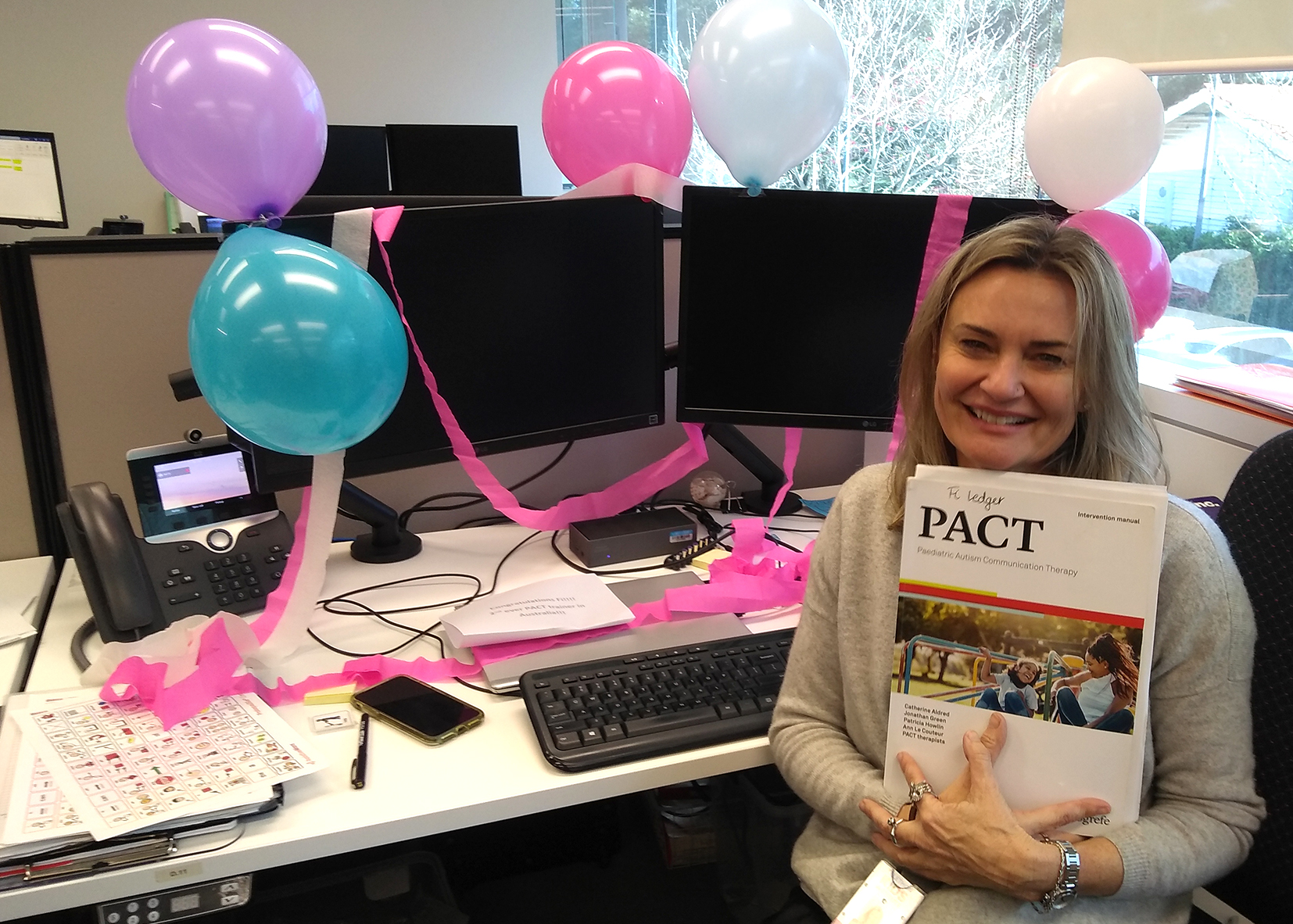Search

News & Events
Celebrating our teamWe thought we would share news of some fantastic achievements in our team recently.

News & Events
CliniKids' research roundupHere’s a quick look at some of the published research to come out of CliniKids recently (June 2021 newsletter)

News & Events
WATCH: Misinformation and social media webinarWatch our webinar for parents offering tips on how to support their children amid a rise in online misinformation.

News & Events
Supporting siblings of kids with developmental disabilitiesResearchers from The Sibling Project Dr Emma Glasson, Caitlin Gray and Kate Dorozenko.

News & Events
Leadership needed to Close the Gap: expertEmbrace Co-Director Professor Helen Milroy AM has highlighted the need for Aboriginal and Torres Strait Islander leadership in driving health and wellbeing reform priorities, as Gayaa Dhuwi was mentioned in the Close the Gap report.

News & Events
School kids identify biggest mental health concernsWord cloud of topics that young people identified as their biggest mental health concerns.

News & Events
Trans Pathways update to begin following Embrace Big IdeaDr Penelope Strauss will update the seminal Trans Pathways, after receiving the 2025 Embrace Big Idea award

News & Events
Show of support for leading Voice campaignerProfessor Helen Milroy speaks about the importance of providing support to leading advocates after meeting with noted campaigner for a Voice to Parliament, Thomas Mayo.

News & Events
Embrace-linked psychiatrist calls for greater coordinationAssociate Professor Pradeep Rao called for more hope among clinicians and young people alike when accessing services.

News & Events
Bridging the gap for Aboriginal familiesResearchers on the Embrace parenting program Rebeka Morrison, Nita Alexander, and Aysa Bahar Arjmand.
